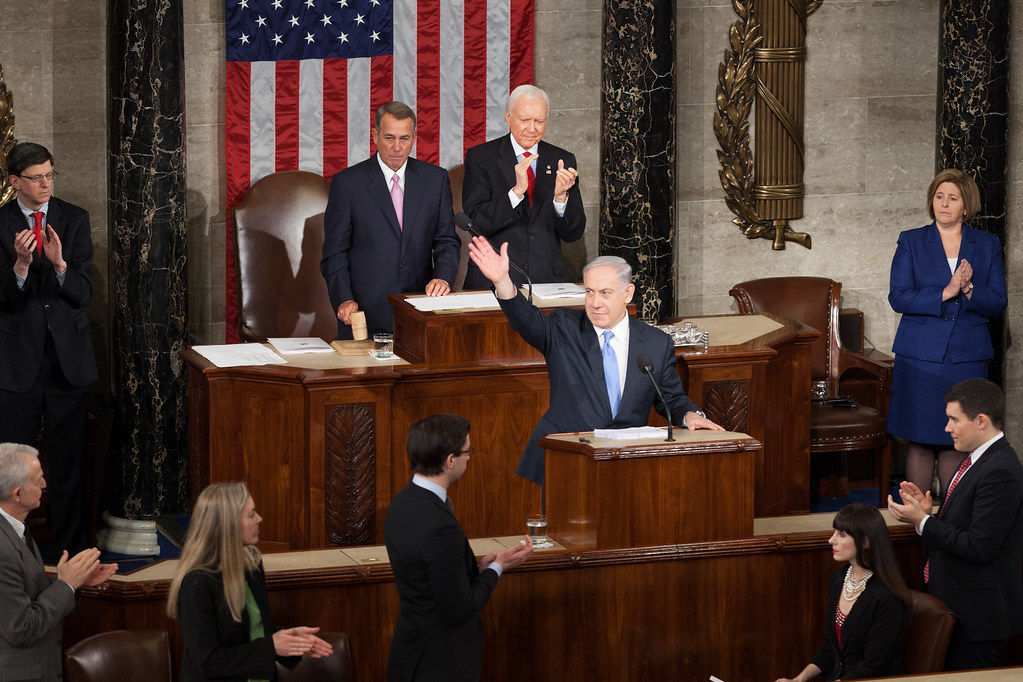On November 15, the Poly community joined together for an annual celebration of National Solidarity Week, during which we acknowledge the identities, experiences, and struggles of LGBTQ+ Youth and encourage allyship. At Poly, Solidarity Day — the last day of Solidarity Week — centers on respect and safety for all members of our diverse school community. The celebration is not only intended to honor the resilience of queer community members, but also to foster upstander behavior among students and faculty alike, in order to combat bullying, gender stereotypes, and name-calling.
There is no doubt that administration at Poly makes explicit efforts to prioritize the comfort of queer and trans students and minimize hateful behavior towards them. However, it is often difficult to manage bullying when it occurs in student-occupied spaces, where adults aren’t aware of the language being used.
Consequently, existing as a trans person in particular at Poly becomes a hidden experience. Most community members are afforded the privilege of ignorance towards the actual implications of a trans identity in a generally traditional and extremely politically divided school environment. I used to consider the bullying I faced at school to be a result or consequence of my trans identity. Eventually, I realized the flaw in the structure of that statement. Though it may sound counter-intuitive, I was not bullied because of my transness. I was targeted because of the normalization of hateful rhetoric towards trans people. Making this key distinction has been hugely empowering for me. I realized that I had been subconsciously placing blame on myself for my own identity, convincing myself further and further that the harassment I faced was my own fault, despite the fact that I’ve always understood my maleness to be inherent and not a choice at all. This serves as a reminder of the power of language, and the ways in which toxic societal constructs can trickle into our words and subtly change the meaning of our assertions in significant ways.
This year, as the president of the GSA (Gender and Sexuality Alliance), I wanted Solidarity Day to do more than just educate about identity and encourage allyship. I wanted queer and trans stories to be told, in an effort to make these experiences less hidden and to foster a deeper understanding of what we all go through within the halls of our complicated institution. Director of Diversity, Equity, Inclusion, and Belonging Erika Freeman and Head of Lower School Francis Yasharian had already worked together to select children’s books to be read aloud to lower schoolers, intending to educate about different family structures and how love, comfort, and care should be the only things that define true family.
When Freeman told me about their plan, I adored the idea. But I knew that picture books had the potential to bore older students who already understood and accepted queer family dynamics. I saw this as the perfect opportunity to insert a programming idea I had been pondering on my own for some years: to have GSA members and faculty advisors write anonymous personal narratives — about coming out and other trivial queer experiences — and share them with the student body in addition to the children’s books. I believe that one of the areas in which our student body falls short of allyship and empathy is a lack of exposure to stories we can’t personally understand. The GSA figured that sharing our first-hand experiences, and in turn humanizing ourselves in a way that peers can resonate with, would cultivate allyship and upstandership. I was proud to see our idea executed, and received warming feedback from many community members who were moved or inspired by the stories put forth by Poly’s queer sub-community. You can read these stories yourself here… https://docs.google.com/document/d/1q5euIi_zSGxX9YQX4KzsWbGcbSlKyIYgzmhGrHBd1Fw/edit?usp=sharing
Finally, I would like to share a quick excerpt from the speech I delivered on the baseball bleachers before the Upper and Lower Schools on Solidarity Day. I believe that this quote encapsulates the message I intended to convey, and centers love, respect, and community values that we can all benefit from.
“It is our differences that make us stronger, smarter, more collaborative, more forgiving, and leave us with a better understanding of resilience and love.”

























